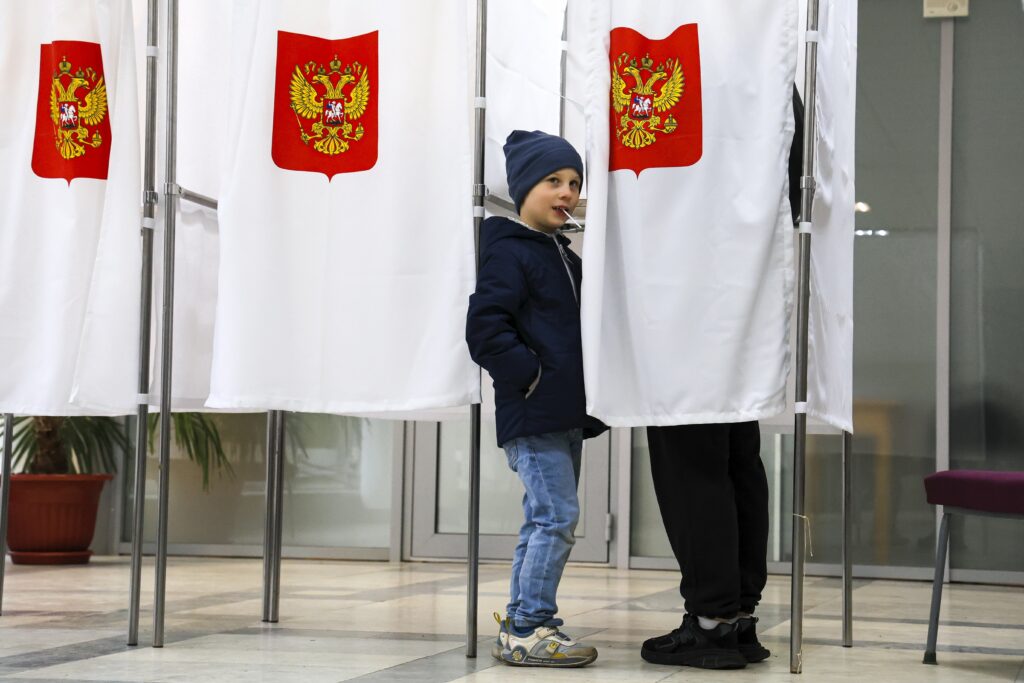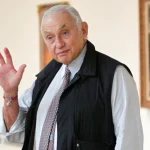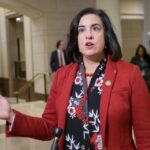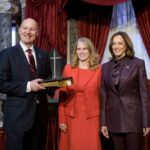
Russia held elections on Saturday in Ukraine’s Donetsk, Luhansk, Zaporizhzhya, and Kherson regions.
Russian President Vladimir Putin claims to have annexed these parts of southern and eastern Ukraine last September. The West does not recognize Russia’s control of the occupied regions.
Yevheniia Hliebova, the head of the military administration in Novomykolaivka, a village in Kherson, told the Washington Post how the elections were going in these occupied regions. She said the process came across as an “election at gunpoint” because soldiers accompanied pollsters “carrying a weapon, so it was a threat, not verbal, but in fact it was a threat of violence.”
Other anonymous Ukrainians claimed that election officials appeared at their doors flanked by armed soldiers. Officials claimed the house call was due to the violence between Russia and Ukraine.

Some 56 United Nations members, including Ukraine, condemned the elections “in the strongest terms” in a statement Friday. The members continued their call to refrain from the elections and for the conflict between the two nations to come to an end.
“Holding elections in another UN member state’s territory without its consent is in manifest disregard for the principles of sovereignty and territorial integrity,” the statement reads. “Such elections have no validity under international law.”
CLICK HERE TO READ MORE FROM THE WASHINGTON EXAMINER
Putin is up for reelection from Friday through Sunday. Should he win, he would remain in office until 2030. He was first elected Russian president in 2000. Constitutional limitations kept him from running for a third straight term in 2008, and he served as prime minister under then-President and current Prime Minister Dmitry Medvedev before returning to the presidency in 2012. The constitution was amended in 2020 to remove presidential term limits.
Ukraine has passed the second anniversary of the beginning of its conflict with Russia. This is the second time Russia has attempted to hold elections in these areas, following September 2022. At the time, the U.N. declared the results had no validity under international law.







